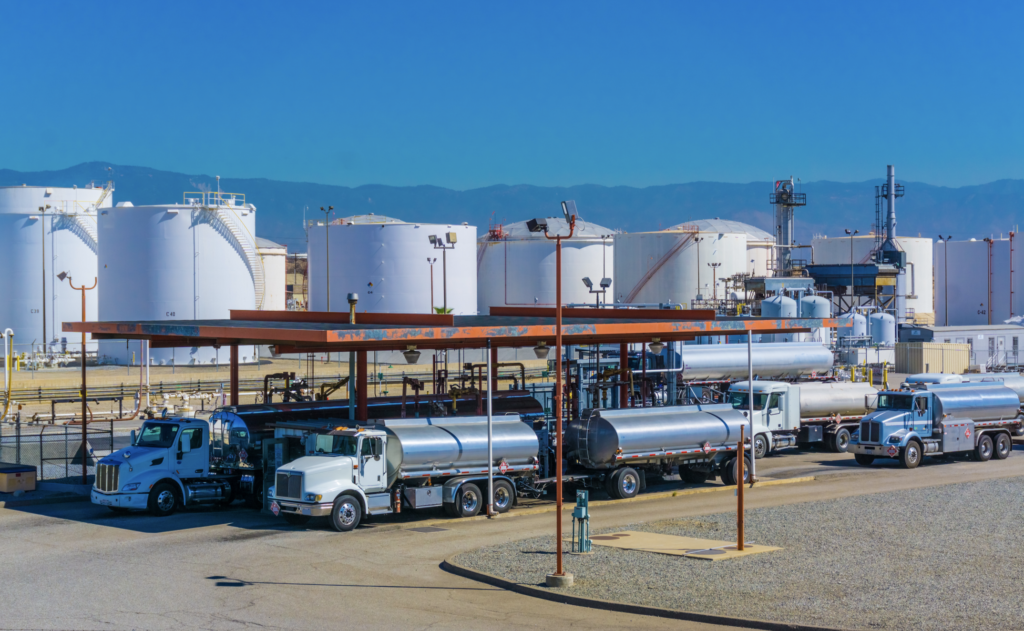Gasoline Vapor Recovery Systems
Stage I Vapor Recovery Systems (VRS) capture vapors that would otherwise vent into the air while filing tankers or underground storage tanks. When California first mandated VRS, it was primarily intended to keep fuel vapors out of the environment and improve air quality. The oil companies eventually got on board, likely after they realized VRS reduced product loss and saved them money. VRS did reduce the benzene vapors drivers were exposed to when filling their tankers and underground tanks. However, VRS systems are not perfect. Gasoline tanker truck drivers today are still exposed to more benzene than workers in just about every profession, and for that reason, they are at an increased risk of developing blood and bone cancers, including acute myeloid leukemia (AML) and myelodysplastic syndrome (MDS).

The Benzene Exposures of Fuel Tanker Truck Drivers
1.22 billion gallons of fuel is moved throughout the US each year. This would not be possible without our gasoline tanker truck drivers. As noted above, numerous safeguards have been put in place to protect the general public and the environment from dangers associated with fuel transportation. But the safety of the fuel tank drivers is overlooked with respect to benzene exposures. These benzene exposures result in tanker truck drivers being at significant elevated risk for leukemia. Protecting tanker truck drivers from chronic benzene exposures should become a priority as well.

Experienced Benzene Lawyers
The companies who overlook driver precautions will deny they are at fault when tanker truck drivers develop leukemia. We work with experts who understand the connection between the benzene in fuels and these blood and bone marrow cancers. If you or a loved one has been diagnosed with AML, MDS, non-Hodgkin’s lymphoma, or multiple myeloma, call 1-800-BENZENE and speak with a benzene attorney at no cost or obligation. Your time to file a claim is limited. Call today.

